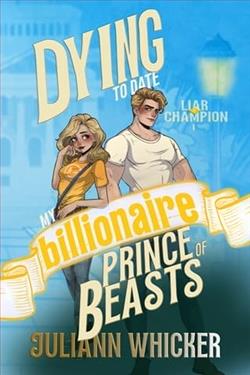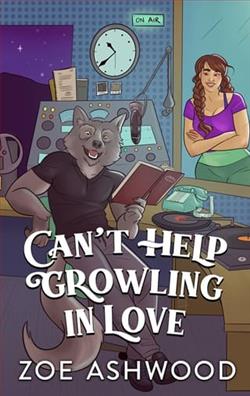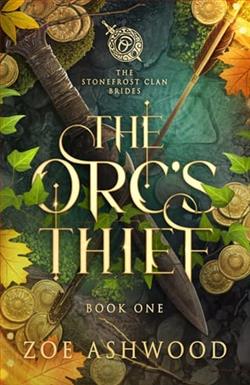Page 1 of Brooklyn Bratva
CHAPTER 1
Ivan
The Uzbek across the table from me shook his head, lip snarling up in undisguised disgust as I counted off my cut from the stack of bills he’d set down, and handed him back a far thinner pile.
“This is all?”
Centering my stack of bills with a quick shuffle and tap, I placed it into an unmarked envelope I already had waiting and slipped it inside the jacket pocket of my suit. The opposite side to my shoulder holster.
“This is the way of the world, Ruslan,” I told him. My accent had softened over the years, thanks to my language teacher who had remained my close friend. Ruslan’s was still harsh. “You don’t want to make worries for Moscow, believe me.”
His lips pursed together like he’d swallowed a mouthful of sour lemons. He knew this was what he should expect. He smiled like it was painful for him to do so. I recognized the sentiment.
“As you say, Detective Kovalenko. We want Russia on our side.”
The Russian speakers in Brooklyn weren’t all Russian natives, although so few of them – of us – were born American citizens. Lately there had been an influx of people from The Stans. But they were happy to fall in with Moscow, when the brotherhood – the Bratva – flexed their muscles and made it clear how difficult, or easy, life could be.
Ruslan was one of them. New in and still on the fence. I watched him roll his money into a tightly wound cylinder and snap an elastic band around it before he tucked it into the inside pocket of his worn coat.
I saw myself in him a little. No doubt he would learn to blend in over time, the way I had to.
I took a sip of my coffee, savoring the bitter-sweet liquid in the tiny cup as I watched him walk out of the private back room I used in Mehmet’s and out into the bright, bustling cafe, rejoining Brighton Beach Avenue and the rest of the world beyond the shadows.
I’m Timoshenko’s man, but over here that doesn’t always give me the respect it should.
They think because he’s old, he doesn’t have the hold on the network that he used to. He’s spread himself too thinly, they say. He can’t possibly have control of so many syndicates so widely dispersed.
They think too small.
They don’t understand that a man like him has a way of sniffing out opportunities at every turn, and making himself the most indispensible contact to have, in whatever region you choose to take your business.
They don’t understand how much business he controls, or how many links and deals and trades he has with other much more inconsequential gangs across the globe.
They don’t understand how he enforces any of it.
Ruslan was a case in point.
No doubt he would be going straight to Grigori Menshikov, the Ukraninan, with the ringing of the shop bell still in his ears. He’d already be thinking of ways to try and get a better deal as the door swung closed behind him. And by the end of the week, I would have to show him that a Russian never threatened anything that he did not intend to carry out, and did not abide by dishonest dealings no matter what language you spoke.
Ruslan’s religion, his nationality didn’t matter to me. Better Uzbek than American. The syndicate had been a melting pot of Jews and Muslims and Russian Orthodox since it had formed out of the frozen hell pits of the Gulags, and the latest iteration contained as many men who had forsaken God in all his guises as devout worshippers from all three major faiths.
Brighton Beach might not have been familiar with the Chechen Muslims, but the Russian Jews who’d dominated the area for so long were aging and dying off, steadily being replaced by men like Ruslan, who brought their mosques with them.
Men like Mehmet posed a different kind of challenge, because we didn’t have the Russian tongue to bind us together. But I’d had no cause to make enemies of the Turks so far. And I liked their coffee better than the American filth.
If I could, I’d return to Moscow in a heartbeat, away from this constant stream of people who cheated each other with no sense of honor, or the consequences they bring down on themselves. But if I had to be in America, then it might as well be here.
There was no understanding when it came to the petty criminals I dealt with daily, only a sense of being out for themselves. No code to fall back on. The rats would cross and double cross until they had both sides gunning for them. It had rubbed off on some of the local racketeers too, and I was weary of it.
I’d come in the 90s, after the fall, along with a wave of other immigrants. Most came over illegally in that first wave, but I was from a later batch when it became clear that the old-style violence wasn’t going to fly. If those in control in the motherland wanted to maintain their overseas endeavors, there had to be some subtlety.















